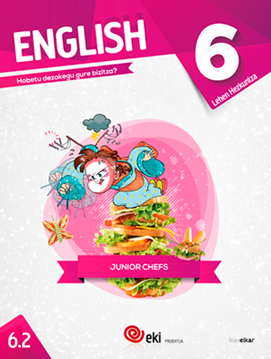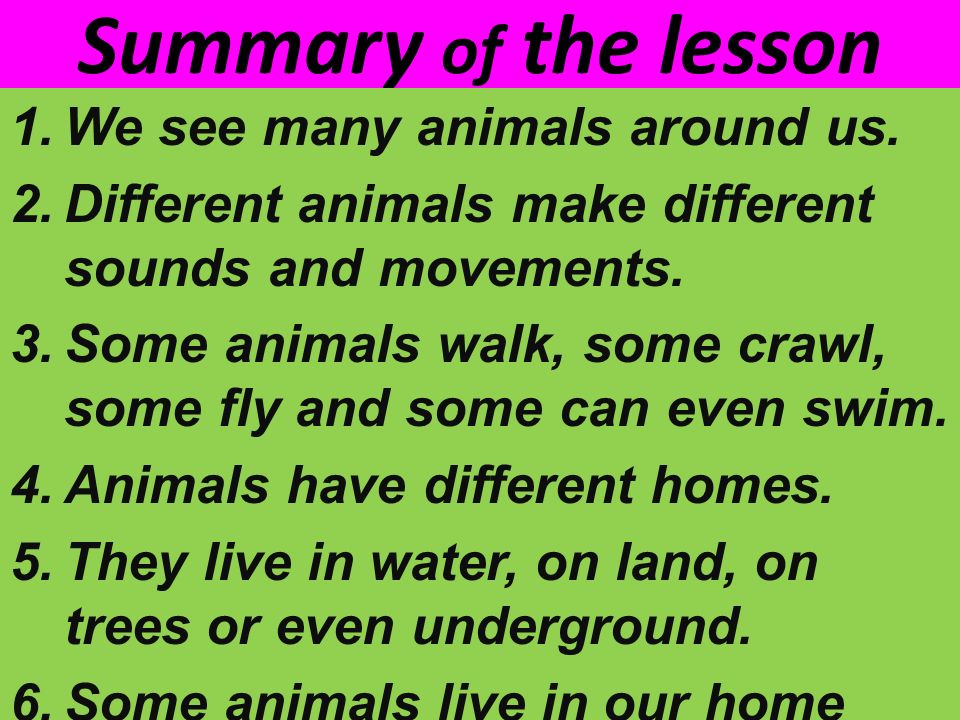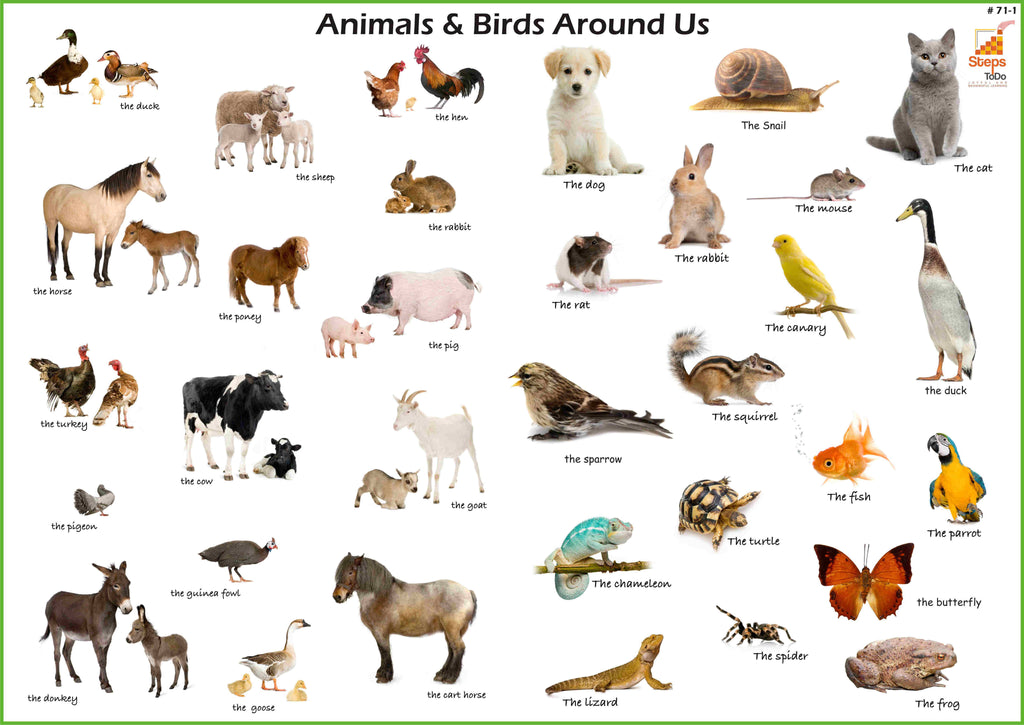MAY 6th
OLD SPOOKS, NEW TALES

COMPETENCE AND SITUATION
This is the third unit for Primary 6. Across the subjects, the pupils will be looking at how the future is
still to be invented. We build on inventions and ideas from the past to create and construct new
things.
This fusion of previous ideas with new ideas we also do with fictional stories and their characters.
New stories are always being invented, and often about characters that have been around for a long
time. In this unit in English we will take spooky characters and stories and give them new life; by
creating or adapting stories about them and by making puppets to bring them to life.
The competence for this unit is the following:
The pupil, after analysing models, creates their own literary texts and reproduces them orally using
appropriate language and integrating prosodic features.
In order to achieve this competence, pupils will work with literary (and some information) texts and
puppets. They will read and analyse spooky texts: information, stories, poems and songs, and also
look at models of shadow puppets. They will then create their own puppets and stories to perform
for other students.
The language needed to carry out the tasks is embedded in the activities; sometimes as pre-work,
sometimes as post-work analysis. The specific language items covered in this unit can be found in
section 3.1. of this guide.
JANUARY 9th

Competence
and didactic situation
This unit sequence is the second of Primary 6. Across
the subjects, the pupils will be looking at how people try to make their lives
better.
Food and cooking play a very important part in our
daily lives and in our health and survival.
What food is good for us? What food do people eat in
different parts of the world and what are the typical customs for eating? How
do we prepare healthy food? How do we describe the food we prepare? We will
look at these issues in English.
The pupil, by applying their knowledge of nutrition
and health and safety and social conventions, describe (orally and in writing)
both the process of preparing food and the finished product, and gives their
opinions according to given criteria and using the appropriate language.
In order to achieve these aims, pupils will learn
about food and nutrition, how to store and prepare food safely and good table
etiquette. For the final assessment task they will take part in the Junior
Sandwich Chef show day where they will have to:
1. design
and prepare their sandwiches and write a written description of them.
2. serve
their sandwiches and describe them orally.
3. give
their opinions and feedback on their classmates’ sandwiches.
ENGLISH LH 6.1 Everyday life: me and people like me
MAP OF THE UNIT-‐SEQUENCE
INTRODUCTION
WHAT ARE WE GOING TO DO? Everyday lives Mapping the unit-‐sequence
MODULE 1
MY EVERYDAY LIFE Me, my family, my house, my town, my school, etc.
TASK Make and present a poster of myself
MODULE 2
EVERYDAY LIFE IN DIFFERENT PLACES Other houses, other schools, other games, etc.
TASK Prepare a game and give instructions to play it.
MODULE 3
EVERYDAY LIFE IN A DIFFERENT TIME A grandparent’s family, house, town, school, games, etc.
TASK Interview a grandparent and present a similarity and difference.
FINAL TASK
LET'S DO IT!
PHOTO MONTAGE (CIA) Upload two pictures to show a difference between me and someone in a different place or time.
INTEGRATION TASK
Make a poster to make people think about consumerism at Christmas time.
-----------------------------------------------------------------------------------------------


iruzkinik ez:
Argitaratu iruzkina